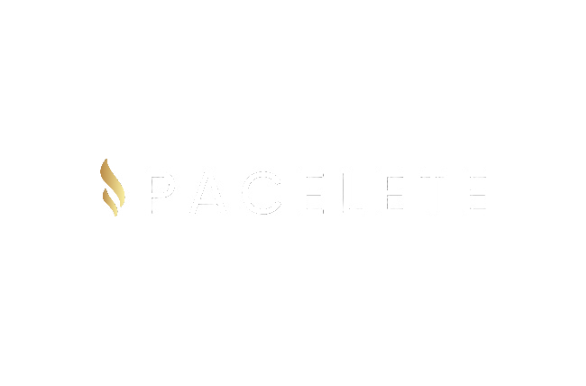10 Most Useful Muscle Building Supplements For Women

Achieving optimal muscle growth requires dedication to a balanced diet, consistent workouts, and sometimes, the right supplementation. While it’s true that women can build muscle naturally through exercise and nutrition, certain supplements can provide an extra boost to help them achieve their fitness goals.
1. Whey Protein Isolate
Protein is the cornerstone of muscle growth, and whey protein isolate is an exceptional source. This fast-absorbing protein provides the amino acids necessary for muscle repair and recovery after intense workouts. For women aiming to increase muscle mass, incorporating whey protein isolate post-workout can expedite the recovery process and facilitate muscle repair.
2. Creatine Monohydrate
Creatine monohydrate is a supplement backed by extensive research, known for its ability to boost strength and power output during high-intensity exercises. It works by replenishing the ATP (adenosine triphosphate) stores in muscles, resulting in increased energy for explosive movements. Women can benefit from creatine’s effects on strength gains and improved exercise performance.
3. Beta-Alanine
Beta-alanine is a non-essential amino acid that combines with histidine to form carnosine, a compound that helps buffer acid buildup in muscles. By reducing the accumulation of lactic acid, beta-alanine enhances endurance, allowing women to extend their workout durations and push through plateaus.
4. L-Carnitine
L-Carnitine is an amino acid that plays a crucial role in energy production. It transports fatty acids to the mitochondria, where they are metabolized to generate energy. For women aiming to decrease body fat while preserving or building muscle, L-Carnitine can aid in the utilization of stored fat as an energy source during workouts.
5. Vitamin D
Beyond its role in bone health, Vitamin D has been linked to muscle function and strength. Deficiency in this vitamin can impact muscle contraction and overall performance. By maintaining adequate Vitamin D levels, women can optimize their muscle-building efforts and minimize the risk of related deficiencies.
6. Omega-3 Fatty Acids
Omega-3 fatty acids, commonly found in fish oil, have powerful anti-inflammatory properties that can assist in reducing muscle soreness after intense exercise. These healthy fats also contribute to cardiovascular health, further supporting the body’s ability to sustain high-intensity workouts.
7. Zinc
Zinc is an essential mineral critical for various physiological processes, including protein synthesis and immune function. Adequate zinc levels promote recovery, aiding the repair and growth of muscle tissue. Additionally, zinc contributes to the production of testosterone, a hormone important for muscle development.
8. Magnesium
Magnesium is involved in numerous biochemical reactions, including those responsible for muscle contraction and relaxation. Women who engage in strenuous workouts may benefit from magnesium supplementation to prevent muscle cramps, enhance recovery, and ensure optimal muscle function.
9. Vitamin C
Vitamin C is not only an antioxidant that supports the immune system, but it also plays a role in collagen synthesis. Collagen is essential for maintaining healthy tendons, ligaments, and connective tissues. By aiding in tissue repair, Vitamin C indirectly supports muscle health, enabling women to train consistently and effectively.
10. Iron
Iron is vital for oxygen transport through the bloodstream, ensuring adequate oxygen supply to working muscles during exercise. Women, particularly those with heavy menstrual cycles, are at a higher risk of iron deficiency, which can lead to fatigue and hinder muscle-building progress. Iron supplementation can counteract this deficiency, promoting endurance and overall fitness gains.
Conclusion
Building muscle is a journey that requires dedication, patience, and a comprehensive approach. While these ten supplements can undoubtedly contribute to a woman’s muscle-building efforts, they should not replace a balanced diet or well-structured training program.

